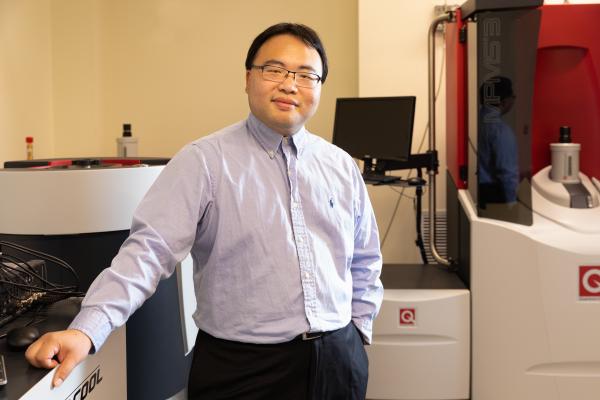
Thu, February 22, 2024
11:00 am - 12:00 pm
1080 Physics Research Building
Colloquium: Professor Jin Hu, University of Arkansas
Intertwined degrees of freedom in layered materials
Event Details
- Time: 3:45 PM - 4:45 PM
- Location: 1080 Physics Research Building, Smith Seminar Room
- Faculty Host: Fengyuan Yang
